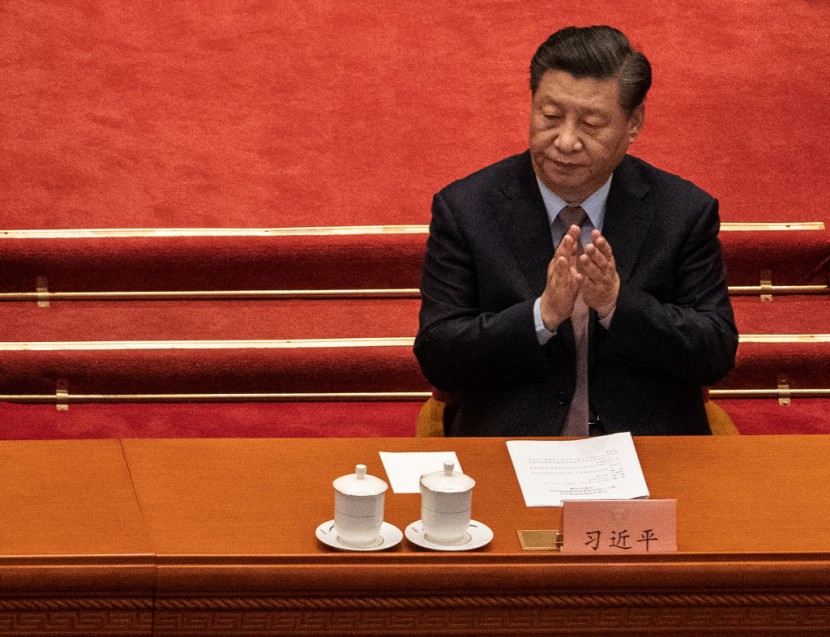
While Chinese tech behemoths have been pressured to refocus their efforts on "common prosperity," struggling tech tycoons stood up to give their support for President Xi Jinping's vision and market-roiling regulatory assault on the digital industry at the country's annual internet conference.
Alibaba Group Holding Ltd. CEO Daniel Zhang and Tencent Holdings Ltd. senior vice president Guo Kaitian both expressed support for Xi Jinping's signature goal of closing the country's wealth disparity at the World Internet Conference, which took place in the resort town of Wuzhen from September 26 to 28.
Nearly a year after the government started an intensive crackdown on the sector, some of the greatest names in China's internet industry appeared at the World Internet Conference (WIC) in Wuzhen on Sunday to promise support for the country's "common prosperity" and small and medium-sized enterprises (SMEs).
Chinese tech tycoons emphasized commitment to helping the society
Xiaomi co-founder Lei Jun and Alibaba Group Holding CEO Daniel Zhang Yong were two of the more well-known speakers at the government-sponsored event, SCMP reported.
Both men emphasized their firms' commitment to helping the society, a goal for President Xi Jinping after probes, penalties, and new restrictions targeted Big Tech, wiping off $1 trillion in worth and forcing high-flying CEOs to keep a low profile.
According to the state-run Xinhua News Agency, Chinese Vice-Premier Liu He, Xi's top economic adviser, stressed the importance of supporting entrepreneurs' innovations and encouraging smaller businesses in his opening video speech. He also stated that the country would support the development of the internet and digital economy. Tech titans echoed these ideas, promising to do their part.
Alibaba's platforms, according to the CEO, are already assisting SMEs with digital transformation. Taobao and Tmall, two of China's major e-commerce sites, are operated by Alibaba.
Xiaomi's Lei also emphasized the necessity of putting technical advancements to good use for the greater benefit. In his address, he stated that technology firms should not leave any group behind and should work to ensure that everyone has a decent life.
The recent flurry of new internet policy rules, according to Eric Jing, chairman and CEO of Ant Group Co., was "essential and relevant, and a reminder for us in the business not to be sidetracked by competition, but to return to the original goal of the internet instead."
China's "common prosperity"
Per Bloomberg, he also praised blockchain technology, stating it "can create a firm basis of trust for industrial collaboration" and encouraging participants to contribute to the country's inclusive and sustainable growth.
According to Kendra Schaefer, a partner at Beijing-based consultancy Trivium China, Beijing wanted all of its large IT businesses to understand the message and jump on the common prosperity boat.
The current surge in charity giving coincides with China's national push to attain "common prosperity," with officials urging the philanthropic sector to play a larger role in closing the country's wealth disparity.
According to a white paper on establishing a moderately affluent society issued on Tuesday, China has made common prosperity a primary aim of socialism. To this aim, the government must guarantee that all citizens benefit from its progress, with no individual, area, or group left behind, according to the white paper.
According to Li Shi, an economics professor at Zhejiang University who has advised the government on poverty reduction, China's income disparity has increased over the last five years due to the development of technology and finance industries. According to Li, the private economy and affluent individuals should play a positive role and contribute more to reduce the gap.
China's mainland had 389 billionaires in 2020, second only to the United States. The country's rapidly rising private wealth also offers a huge opportunity for charity, as per CGTN.
Related Article: China's Xi Jinping Vows To Halt Building Coal-Burning Power Plants Abroad Ahead of Climate Talk








